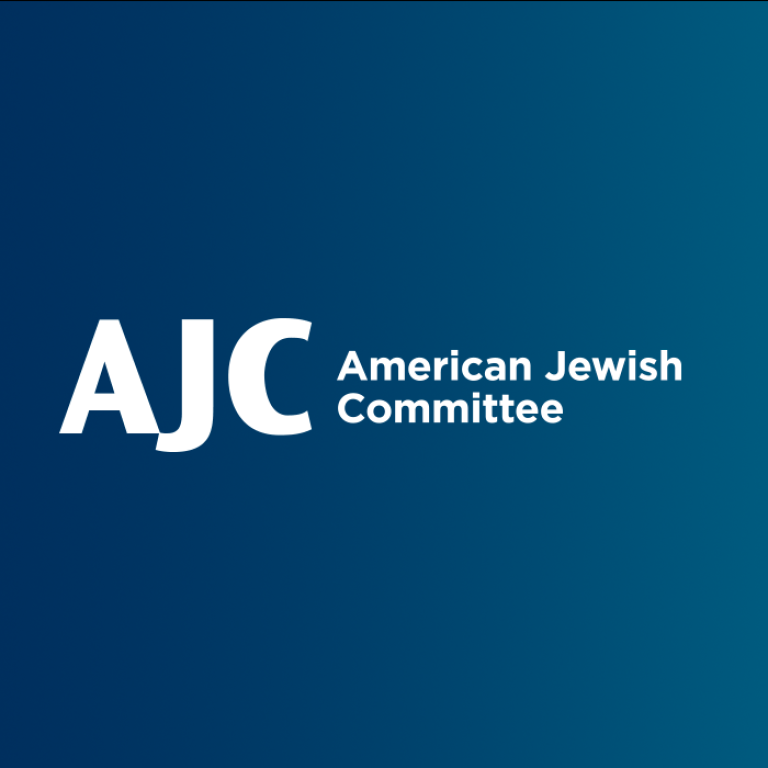September 22, 2023
This weekend’s Palestine Writes event at the University of Pennsylvania has caused a great deal of controversy. While the event’s stated aim is to celebrate Palestinian culture, it has become a platform for deeply problematic content, including speakers with well-established records of antisemitic rhetoric, along with programs and materials that present distortive and bigoted views of Israel and Zionism. This comes at a moment of heightened vulnerability for the Jewish community on campus after this week's antisemitic incident at Penn Hillel. Here are five key things you need to know.
1) Celebrating Palestinian culture is not the problem: An event highlighting and celebrating Palestinian culture is entirely appropriate for a university environment. Events that gather writers, scholars, and artists to focus on a particular culture’s experience and its art are vital parts of the university environment on American campuses and around the world. Claims that those raising concerns about the event are merely trying to silence Palestinian voices are ignoring the serious issues outlined below.
2) There are three principal issues with the Palestine Writes event at Penn.
- Antisemitic speakers: The event features speakers with a well-documented history of antisemitic rhetoric and behavior. Pink Floyd frontman Roger Waters, who is scheduled to speak remotely to the festival on Friday night, was recently described by the U.S. State Department as an artist who "has a long track record of using antisemitic tropes to denigrate Jewish people'' after he desecrated the memory of Holocaust victim Anne Frank, compared Israel to the Third Reich, and paraded around a stage wearing an SS Nazi uniform during a recent concert in Berlin.
Meanwhile, Marc Lamont Hill, who called for Israel’s eradication on CNN (he repeated the slogan “From the River to the Sea”) and has referred to mainstream media companies as “Zionist outlets,” is scheduled to speak in person.
Neither Waters nor Hill are experts on Palestinian culture, but they have distinguished themselves as provocateurs willing to spread antisemitism.
- Deeply problematic content: The event has a number of problematic pieces of content. To name a few examples: The festival’s inaugural event includes a screening of the film Farha, which includes a number of toxic antisemitic tropes, including a modern retelling of the blood libel trope that casts Jews as vicious, bloodthirsty, and cruel. The film is a distortive piece of fiction, yet it is often treated as evidence of extreme, unprovoked Israeli cruelty towards innocent Palestinians during Israel’s War of Independence. The film’s prominence in the festival is setting the stage for anti-Israel hate based on non-factual and biased information. Other problematic discourse at the event includes references to Israel as a “settler colonialist” state. The term “settler colonialism” refers to a system of oppression in which a colonizing nation engages in ethnic cleansing by displacing and dispossessing a native or pre-existing population. This phrase is false for many reasons outlined here. Referring to Israel as a settler-colonialist state is not only factually inaccurate, it is an antisemitic demonization of the State of Israel. Read more here about when criticism of Israel crosses the line into antisemitism.
- Four Penn departments and programs are involved with the event: The Kelly Writers House, Penn Cinema and Media Studies Department, the Middle East Center, and Near Eastern Language and Cultures Department are sponsoring or supporting the event. This endorsement of the event and failure to condemn its objectionable speakers is unacceptable given the problematic factors outlined above.
3) The university’s response: University of Pennsylvania President Elizabeth Magill has made clear Penn will abide by the broadest possible legal concept of free speech that even allows for hate speech, while also stating that the university “unequivocally -- and emphatically -- condemn[s] antisemitism as antithetical to our institutional values.” She also announced additional steps the university will take to counter antisemitism. The university needs to continue to speak out against antisemitism, condemn any antisemitic remarks or content from the event in the strongest possible terms, and work to ensure the safety of Jewish students.
4) Jewish voices must be heard: Members of the Jewish community have the right, indeed the responsibility, to call out antisemitism when they see it. Every group that is victimized by hate has the right to combat that hate. It is unacceptable for anyone to attempt to silence calls to address antisemitism or to exclude or discount Jewish voices from discussions of what constitutes antisemitic speech and the harm that it causes. Nationally, there is a vast underreporting of antisemitic discrimination on college campuses. This may be tied to the increasing tendency for Jewish voices to be discounted from conversations about what constitutes antisemitism and the lived impact of how antisemitism affects Jewish students, faculty, and staff.
5) AJC’s role and next steps: Throughout, AJC’s primary goal is to support students, amplify their voices, and bring their concerns about antisemitic speakers invited to this event to the attention of administrators. We have been in constant touch and deeply engaged with Penn Jewish students and Hillel, as well as engaging with Penn administration. AJC CEO Ted Deutch is joining students at a Unity Shabbat Dinner this evening at Penn Hillel.
AJC believes that the university and affiliated departments need to make clear that they will not be associated with an event that hosts such hateful speakers and will ensure a safe and inclusive environment for Jewish students. AJC also believes the university needs to closely examine the processes by which programs like these are endorsed and funded by the university and its departments.
After President Magill announced additional commitments to combat antisemitism, AJC continued to urge the university to disassociate itself from the antisemitic speakers scheduled to contribute to this event and welcomed the President’s announcement that Penn will not only implement action items from the U.S. National Strategy to Counter Antisemitism, but will also utilize the IHRA Working Definition of Antisemitism for training and education programs as part of its DEI strategy.
AJC will work with Penn administrators to implement President Magill’s commitments to improve the campus environment for Jewish students, including through the use of AJC’s new resource, “A Higher Education Administrator’s Guide to Countering Antisemitism,” which is part of AJC’s work with the White House to implement the U.S. National Strategy.





